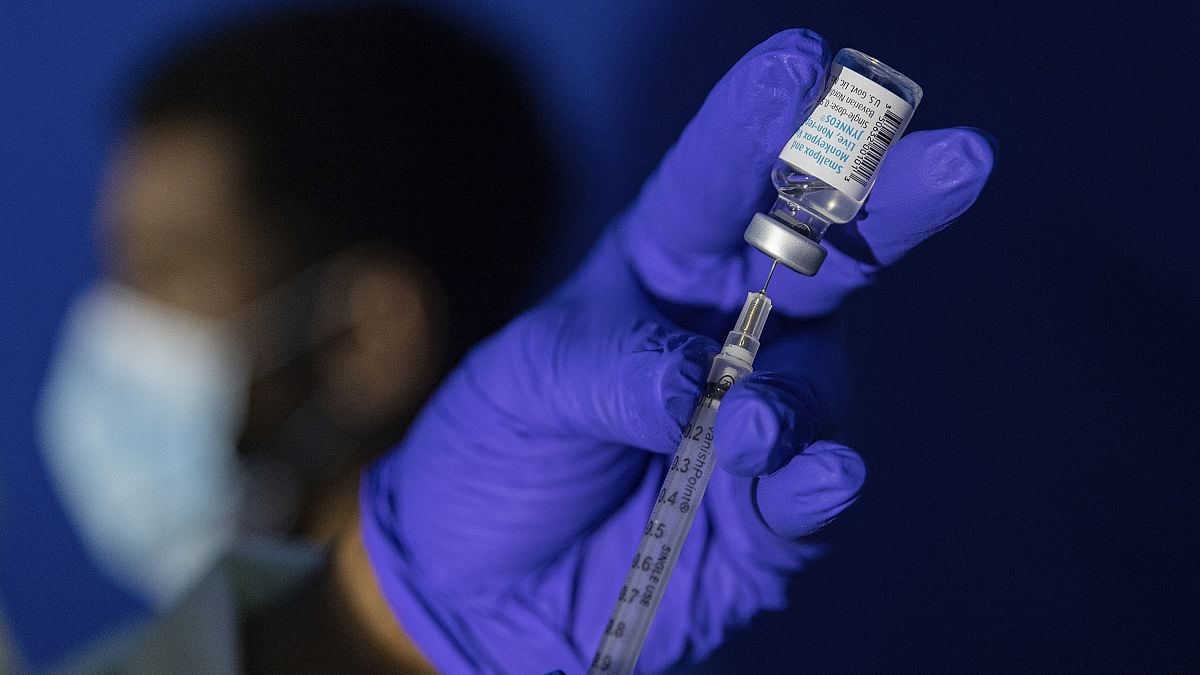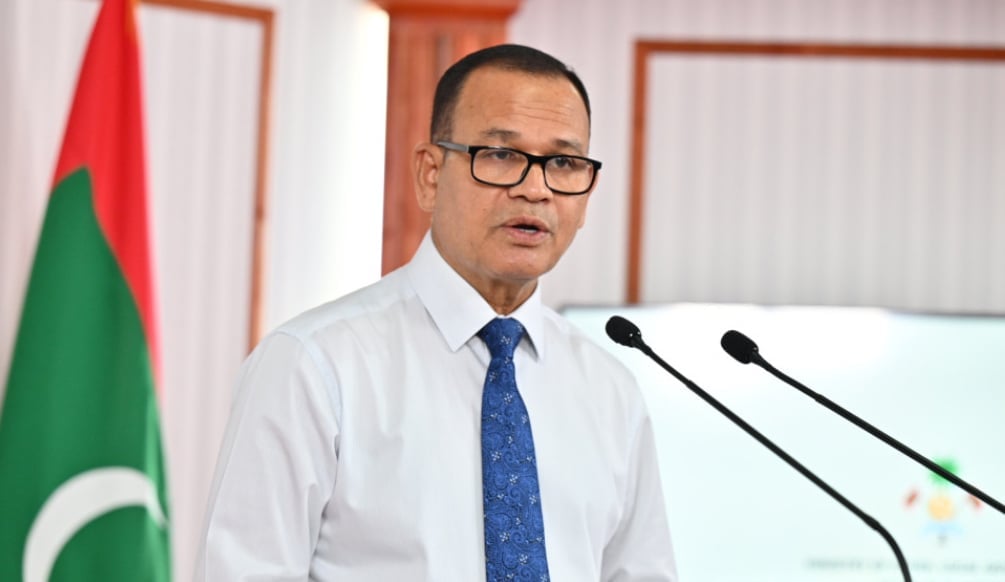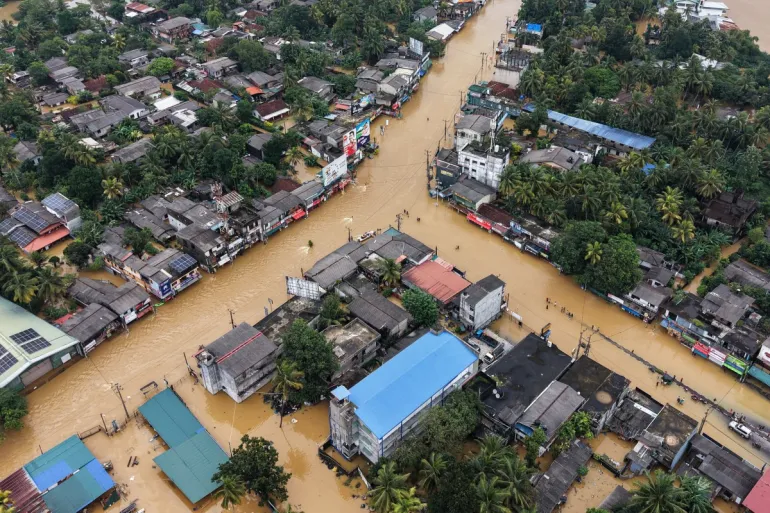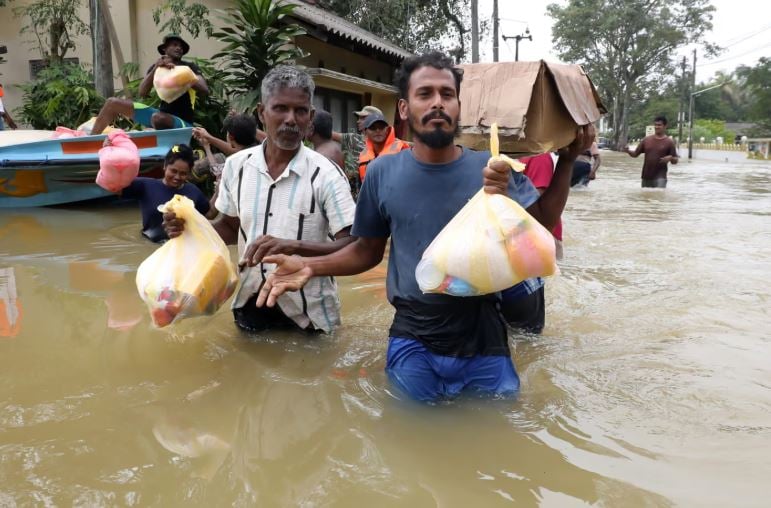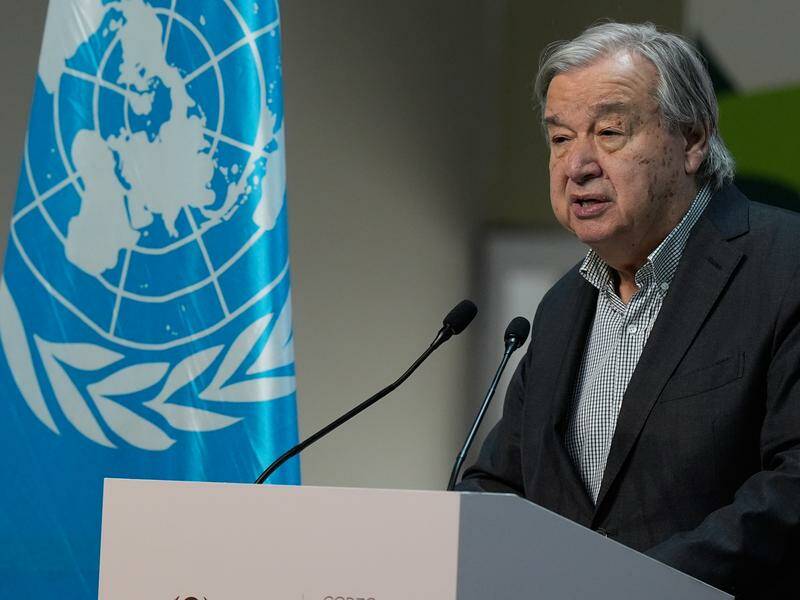The World Health Organization (WHO) has extended its highest-level alert for the ongoing mpox epidemic, citing a growing number of cases and expanding geographical spread.
The WHO stated Friday that its decision reflects the operational challenges faced on the ground and the critical need for a coordinated international response. WHO Director-General Dr. Tedros Adhanom Ghebreyesus confirmed that mpox remains a Public Health Emergency of International Concern (PHEIC), a status first declared on August 14.
The outbreak has significantly impacted the Democratic Republic of Congo (DRC), which leads in the number of reported cases, followed by Burundi and Nigeria. The new Clade 1b strain, responsible for the surge in the DRC, has also spread to neighboring countries, contributing to the global rise in infections.
Mpox, formerly known as monkeypox, is a viral disease that can be transmitted from animals to humans and through close physical contact. Symptoms include fever, muscle pain, and large skin lesions, which can sometimes lead to fatal outcomes.
According to the WHO, mpox cases have been reported in 80 countries this year, including 19 African nations. The organization stressed the importance of bolstering surveillance, vaccinations, and public education to curb the outbreak.
The WHO’s decision underscores the need for countries and international partners to sustain efforts against mpox, ensuring a unified approach to containing the epidemic.
The WHO stated Friday that its decision reflects the operational challenges faced on the ground and the critical need for a coordinated international response. WHO Director-General Dr. Tedros Adhanom Ghebreyesus confirmed that mpox remains a Public Health Emergency of International Concern (PHEIC), a status first declared on August 14.
The outbreak has significantly impacted the Democratic Republic of Congo (DRC), which leads in the number of reported cases, followed by Burundi and Nigeria. The new Clade 1b strain, responsible for the surge in the DRC, has also spread to neighboring countries, contributing to the global rise in infections.
Mpox, formerly known as monkeypox, is a viral disease that can be transmitted from animals to humans and through close physical contact. Symptoms include fever, muscle pain, and large skin lesions, which can sometimes lead to fatal outcomes.
According to the WHO, mpox cases have been reported in 80 countries this year, including 19 African nations. The organization stressed the importance of bolstering surveillance, vaccinations, and public education to curb the outbreak.
The WHO’s decision underscores the need for countries and international partners to sustain efforts against mpox, ensuring a unified approach to containing the epidemic.





